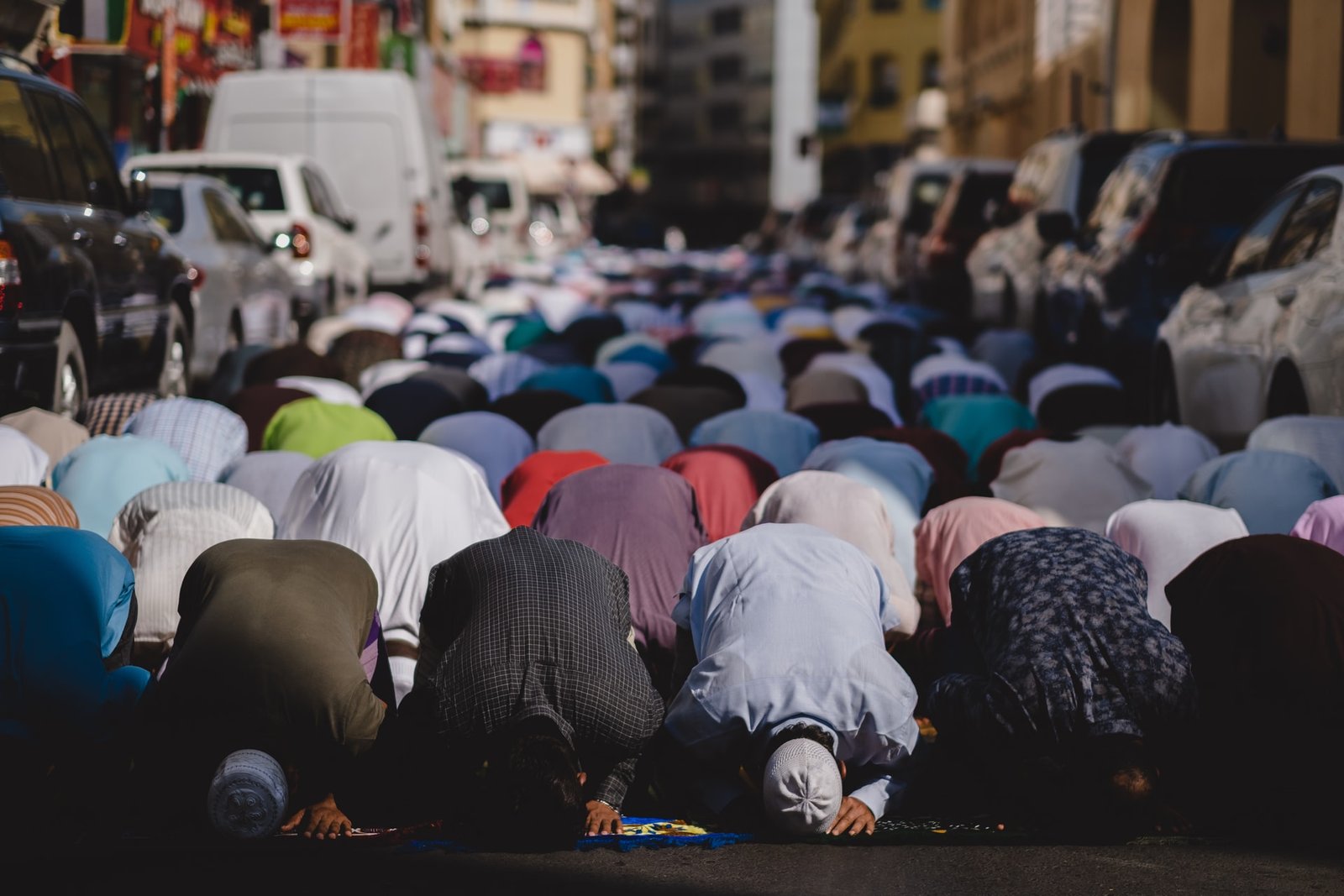– Osama Azeem Falahi (Ph.D. Punjab University)
Collectivity is an essential part of human existence. The smallest community in the world is formed through marriage and its largest form is government. Islamic teachings not only ignite this human nature and make it more useful to the people by making it collective, but also works to eliminate and suppress individualism from within because individualism results in destruction.
Islam gives its believers a universal mission. This mission can only be accomplished through collective thinking. That is why its spirit is seen everywhere in the Islamic injunctions. Let’s try to understand with a few examples:
Uniformity of belief:
On witnessing kalima-e-shahadat a man/woman becomes a Muslim and joins a group of Muslims from all over the world. All of these eloquent individuals unite on Islam by eliminating linguistic, regional, ethnic, and class identities, and then Islamic rights become intertwined and a strong spiritual bond is established between them. In the Holy Hadith, this condition is described as like the body that if one part of the body is harmed then the whole body feels pain.
Worship:
The first practical manifestation of faith is salaat(Namaz). In this regard, the congregational prayer has its own glory. It has been emphasized so much that those who pray in the congregation are 27 times better than those who pray alone. Salaat is offered under the leadership of an Imam indicating collective consciousness.
If we look at fasting, it seems to be a unique system of the community. All the believers together go through the same religious obligations. Everyone has to follow the same rules. The same spirit is seen in Zakat that a fixed percentage of wealth should be obtained from the relatively wealthy Muslims and it should be spent on strengthening the society and the state. Then every year a universal gathering is held in the form of Hajj in which believers of different colors and races from all over the world in the same clothes go through the same condition for a certain period. All these acts of worship, in addition to fulfilling their duties and earning rewards, also serve to awaken and maintain a collective consciousness among Muslims.
Social life and the spirit of collectivity:
The largest institution and metaphor of collectivism is the governmental structure. From the election of the ruler to the affairs of the government, the spirit of collectivity is seen everywhere. The Caliph will be chosen by consultation, but after the election, his obedience is like obedience to the Prophetﷺ(But sinful deeds will not be obeyed). The ruler of the time will follow the advice to maintain the spirit of collectivity and will promote it to carry out the affairs of the state smoothly because taking consultation is a divine command: وشاورھم فی الامر. “And take counsel from them in matters of importance.” (Al-Imran)
The spirit of unity among the Companions was so strong that after the demise of the Holy Prophetﷺ, the first priority in the Ummah became the election of the ruler even before his burial. The burial wasn’t held until the Caliph was elected. Because in his training the allegiance to the leader and his obedience was included as an important duty.
This spirit of unity in the Ummah persisted for centuries until the end of the Ottoman Caliphate. Today a century has passed, but the great collectivity has not been re-established, but tens of thousands of prejudices that have eroded this spirit have gripped the Ummah, with the result that it faces humiliation and disgrace at every level. All forms of collectivism have been decimated and almost all of them have become house fairies.
Let’s look at the basic worships. Salaat is the most basic means of cultivating collective thinking. But the position of imam in masjid, who used to lead the local community in all of their affairs has been reduced to merely lead the prayer only.
The situation with Zakat is even worse. In a country like India where Muslims are the second largest majority, there is no collective system.
Similarly, for fasting, how much trouble the nation suffers in connection with Taraweeh, Eid prayers, and sighting of the crescent, every aching heart feels it.
Hajj has almost lost its usefulness. In the past, people from all over the world would gather in Makkah to get acquainted with each other’s problems and strategies would be worked out for their resolution, but such gatherings were made impossible under the pretext of the ongoing war on terror against Islam.
The most dangerous situation is at the political level. Despite being the second largest population in the world, this Ummah has been divided in different ways.
The collective consciousness of Muslims needs to be fully awakened. Let them be free from all kinds of ignorance. Every effort should be made to give practical shape to the Ummah and Islamic concepts. The most important means for this is salaat. The masjid is the greatest means by which the collective spirit can be breathed into the nation again and this nation can once again be in a position to serve and guide human being.

